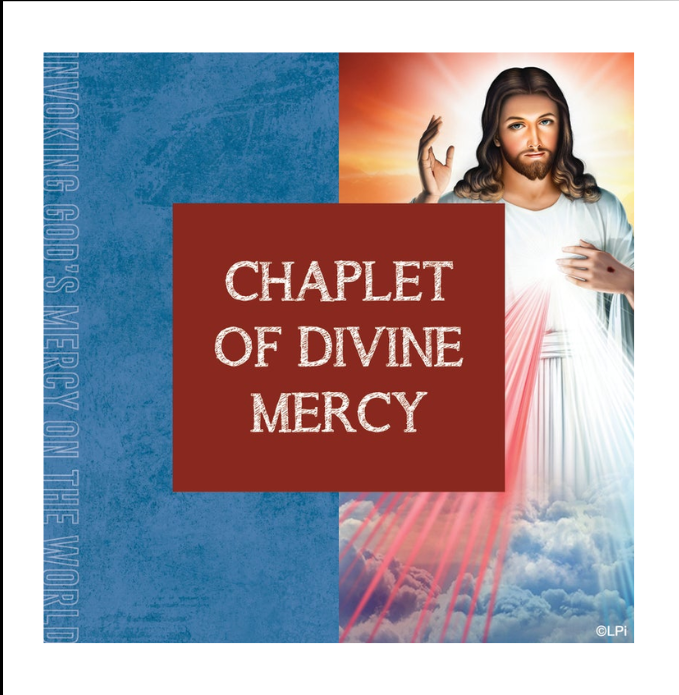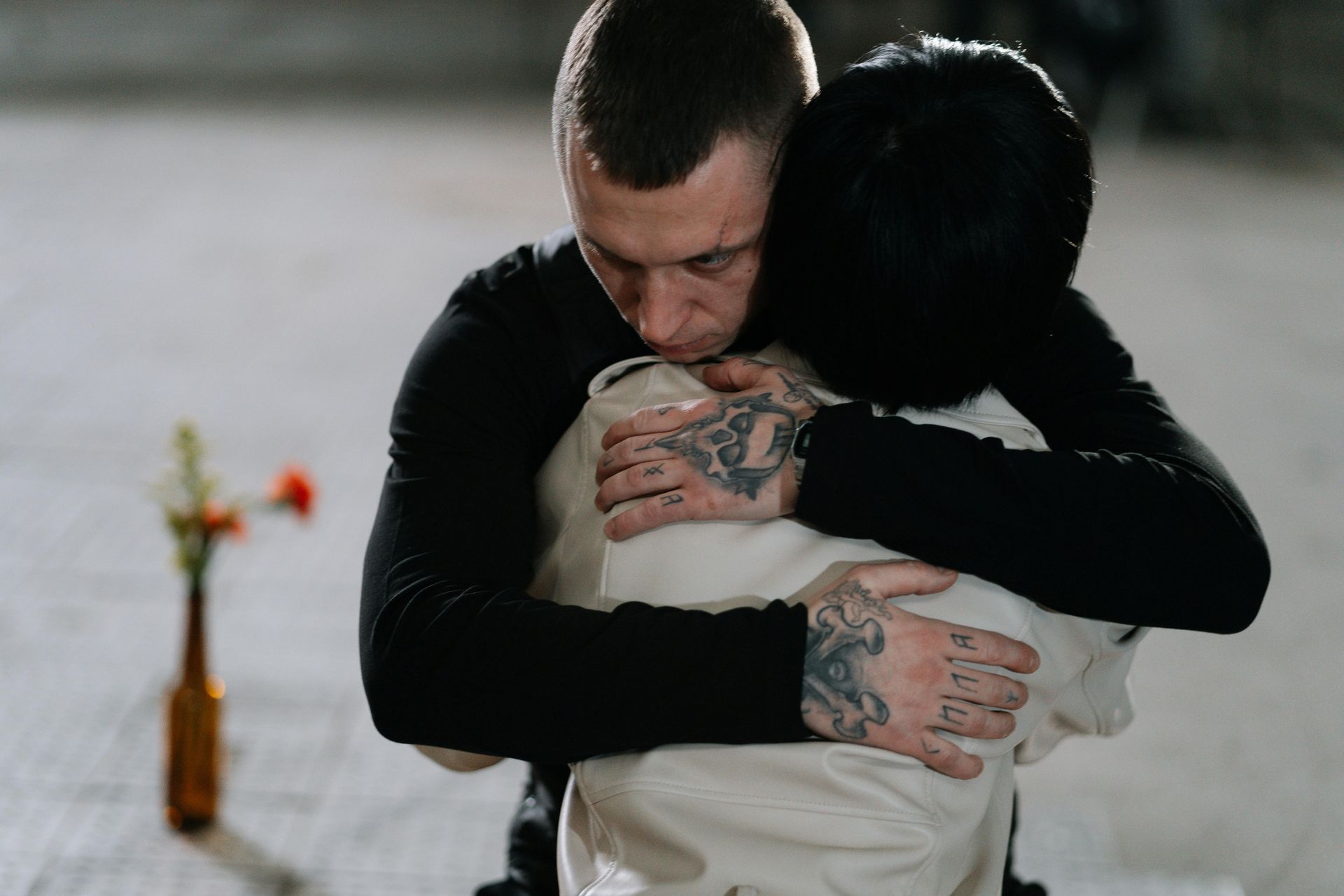Gaudete Sunday
The Prophet Zephaniah, the author of today’s first reading, brings us a profound and powerful image of an exhausted and suffering woman. This image symbolizes a human soul. It seems the women is brought under trial in a court. Her hands are tired, and she cannot lift them up because she is tied up with chains. There are many persecutors around accusing her of many crimes. All of them are demanding a death sentence for her. The image described by the prophet Zephaniah is dramatic and miserable.
Suddenly, that depressing atmosphere is changed by a mighty Sevier (a great worrier in an original translation). His arrival is beneficial and very crucial for the woman. He has a great power to overturn the unjust trial, defend, and free her from the oppression. Indeed, it is a profound and very creative image to describe what happens with a human soul when God enters the human heart.
I believe each of us can relate to that dramatic image. Each of us has experienced a struggle similar to the woman’s. We feel depressed and exhausted when we cannot free ourselves from the same sins that bother us again and again. We are discouraged when our limitations and disordered attachments push us toward wrong choices in life. As a consequence, we feel spiritually dead during these difficult times.
Therefore, the prophet Zephaniah announces good news at the end of this image and story. We are not alone during our struggles. The great worrier (Mighty Sevier) is coming during this time to free us from our sins, limitations, and wrong choices. This message is even more meaningful during the season of Advent when we are awaiting our Savior. It is time to get ready to welcome Christ during this joyful season of a spiritual preparation.
The third Sunday in Advent is traditionally called Gaudete Sunday (Sunday of Joy). All of today’s readings, not just the first one, are announcing the great joy of the coming of our Savier, who is nearby. Let’s be joyful and grateful for today’s message. Let’s make even more effort to welcome Christ into our heart during the last part of Advent.
Blessed Gaudete Sunday!
Fr. Andrzej










